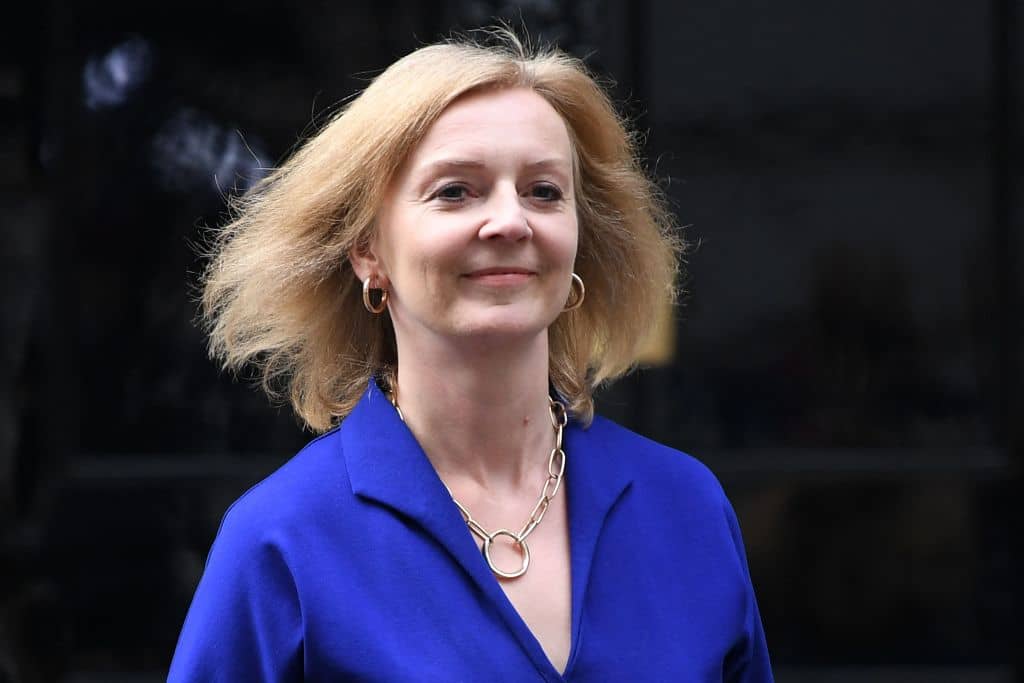What was the purpose of Boris Johnson’s third reshuffle since becoming Prime Minister? His first reshuffle on entering 10 Downing Street back in the summer of 2019 was all about sending a message over Brexit. The one in February 2020, after Johnson won a majority of 80 in the December snap election, was aimed at getting his new look government in place. This week’s was about reform.
The new foreign secretary Liz Truss is the big winner from the reshuffle
The headlines over the reshuffle have largely focussed on who is in and who is out – of which there is plenty to digest. The shake up of Johnson’s front bench was bolder than many expected, with Dominic Raab demoted from the Foreign Office to the Ministry of Justice, and Gavin Williamson, Robert Jenrick and Robert Buckland all cast out entirely. While Buckland is viewed as being pushed out in order to make space for Raab, the others were viewed to be under performing.
The ministers promoted in their place point to how Johnson is determined to get his domestic agenda back on track. Nadhim Zahawi is viewed as one of the more delivery-focussed ministers from his time both as a business minister and most recently vaccines minister. The hope is that he can bring this to the Department for Education which could be a vulnerable spot for the Tories at the next election. Meanwhile, Michael Gove’s move to housing secretary – and his mission to flesh out levelling up – shows how Johnson wants reformers in the departments where the Tories have manifesto promises to deliver.
In Nadine Dorries’s appointment as culture secretary, there is a hint of the direction of travel on the so-called ‘war on woke’. Dorries is viewed as taking a more hardline approach on culture wars than her predecessor. Kemi Badenoch keeps the equalities brief – as does the new foreign secretary Liz Truss, who is the big winner from the reshuffle. This shows how despite reports that Johnson has doubts about getting involved in a culture war, the government is well placed to fight one should it want to.
As for the reshuffle as a whole, the cabinet appointments have largely been welcomed by the party. The reshuffle has so far been fairly smooth. However, the junior ministerial appointments are just getting underway and these have the most potential to cause an upset. A lot of MPs believe they have been promised jobs and it’s hard to see how they will all get them.







Comments